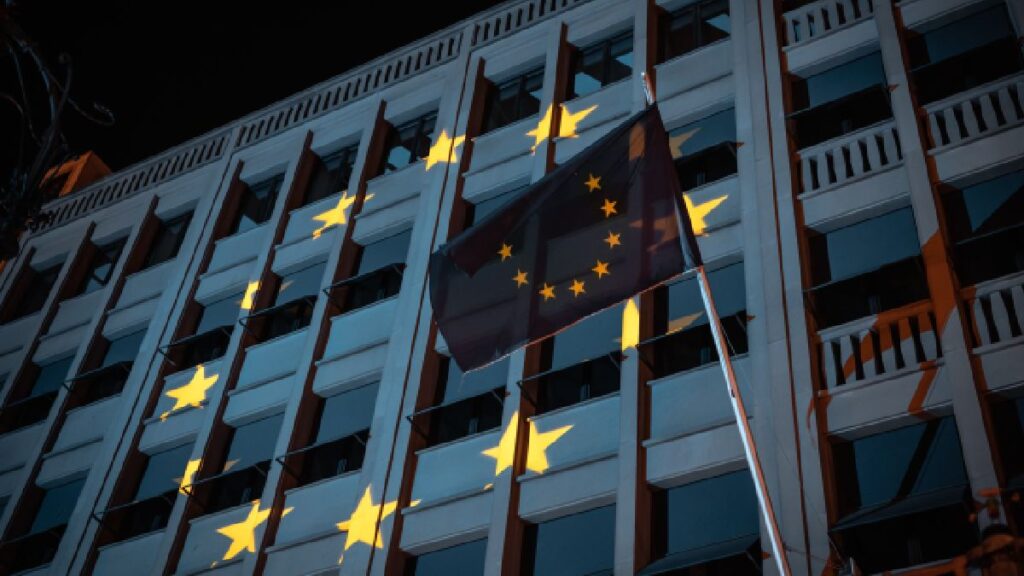The European Union (EU) is adding more layers to its crypto-related regulations to ensure that virtual digital assets (VDA) are not misused by criminals to conduct or finance illicit activities. The European Banking Authority (EBA) has imposed a ‘travel rule’ on crypto firms that will require them to store details of transactions on their platforms, which aims to reduce money laundering and terrorist financing using crypto assets — these transactions often leave no trace which leads to the perpetrator of the crime.
The EBA has mandated all crypto companies to disclose details of every transaction on their respective platforms, according to a statement released by the regulator earlier this month.
EBA travel policy guidelines
Under the new guidelines, crypto companies in the EU have been instructed to collect and maintain records of payers and users for all transactions. The travel rule applies to all companies operating in the EU region, which will be required to confirm their compliance. Companies requesting an exemption must provide the authorities with reasons that will be evaluated.
Crypto companies that fail to comply with this law without notifying the relevant authorities will be classified as ‘non-compliant’ companies and could face legal action. Companies linked to crypto-finance have been directed to amend their policies to comply with the EBA’s travel rule, which already covers the traditional banking sector.
The guidelines are comprehensive and will come into effect on December 30.
EU crypto rules
The EBA is also working with EU policymakers to bind the volatile and financially risky crypto sector with a strong legal framework in a move expected to make the crypto sector safer for investors to explore, without posing a risk to the EU’s financial stability while shooting down to crypto exploiters.
Earlier in June, the EBA published the final draft of the technical standards that will govern the Market for Crypto Assets (MiCA) rules. The EBA addressed a number of issues in its final draft technical standards, including those relating to liquidity requirements, the stress test programme, asset reserves and recovery plans.
The EU approved its MiCA legislation in October 2022, with the aim of ensuring consumer protection, preventing market manipulation and combating financial crime related to digital assets in the EU.

